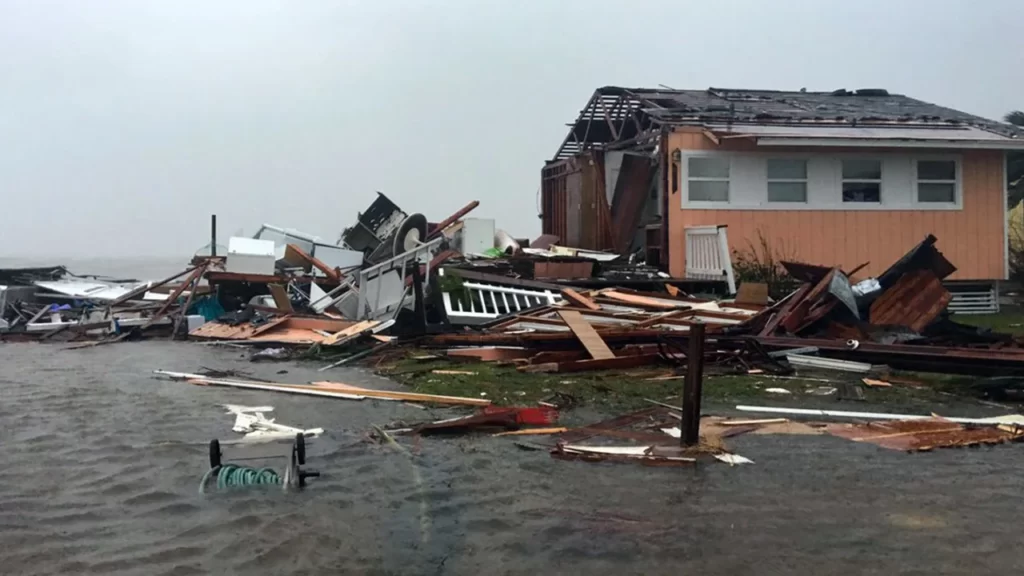The planet seems to be on the brink of disaster, and one of the key culprits is climate change. As temperatures continue to rise, it’s becoming increasingly difficult to manage waste effectively, and this is having a significant impact on our environment. Let us explore the impact of climate change on waste management planning and what we can do about it.
The Problem with Wild Weather
One of the most significant impacts of climate change on waste management planning is the increase in extreme weather events. Hurricanes, floods, and wildfires are becoming more frequent and severe, causing widespread damage to waste management infrastructure. This leads to a surge in waste generation and a decrease in waste management capacity, which can be harmful to both humans and the environment.

In 2017, Hurricane Harvey caused significant damage to waste management infrastructure in Houston, Texas, resulting in millions of tons of waste being left uncollected. This led to health risks for nearby residents and damage to the environment. We need to be better prepared for extreme weather events if we want to effectively manage waste and protect the environment.
Rising Sea Levels: A Real Threat
Rising sea levels are also a significant concern when it comes to waste management planning. Coastal landfills are particularly vulnerable, and as sea levels rise, they are at risk of flooding, leading to the release of harmful pollutants into the environment.

In 2017, the dumpsite in Mumbai, India, experienced heavy rainfall that led to a garbage landslide. The landslide resulted in the deaths of two people and left many others homeless. This incident highlights the urgent need for proper waste management infrastructure in cities that are vulnerable to extreme weather events due to climate change.
The Garbage Glut
As the planet warms, waste generation is on the rise. With more people consuming more goods and services, the amount of waste generated has increased, making waste management more challenging than ever before. One of the primary culprits is single-use plastics, which are difficult to recycle and often end up in landfills or the environment.
This has led to a garbage glut that is becoming increasingly difficult to manage. In some cities, waste management facilities are at capacity, and there is simply no room for more waste. This is a worrying trend, and we need to take action if we want to protect the environment for future generations.

Innovation Is Key
The current waste management techniques are proving insufficient in handling the impact of climate change, which means that innovative solutions are needed. Waste-to-energy technology is one example of a new approach that can convert waste into renewable energy, reducing the amount of waste that ends up in landfills and generating clean energy at the same time.
This is a win-win solution, and we need to embrace new approaches like this if we want to build a more sustainable future. We need to be more innovative in our approach to waste management if we want to effectively manage waste and protect the environment.
The Need for Action
The impact of climate change on waste management planning is real, and it’s not going away any time soon. We need to take action if we want to protect the environment and build a more sustainable future. By working with experts in the field, HPG Consulting is one such expert. As sustainable waste management consultants, we develop strategies that can help mitigate the impact of climate change.
It’s time to rethink our approach to waste management and embrace new solutions that can help us build a more sustainable future. The clock is ticking, and we need to act now if we want to protect the environment for future generations.